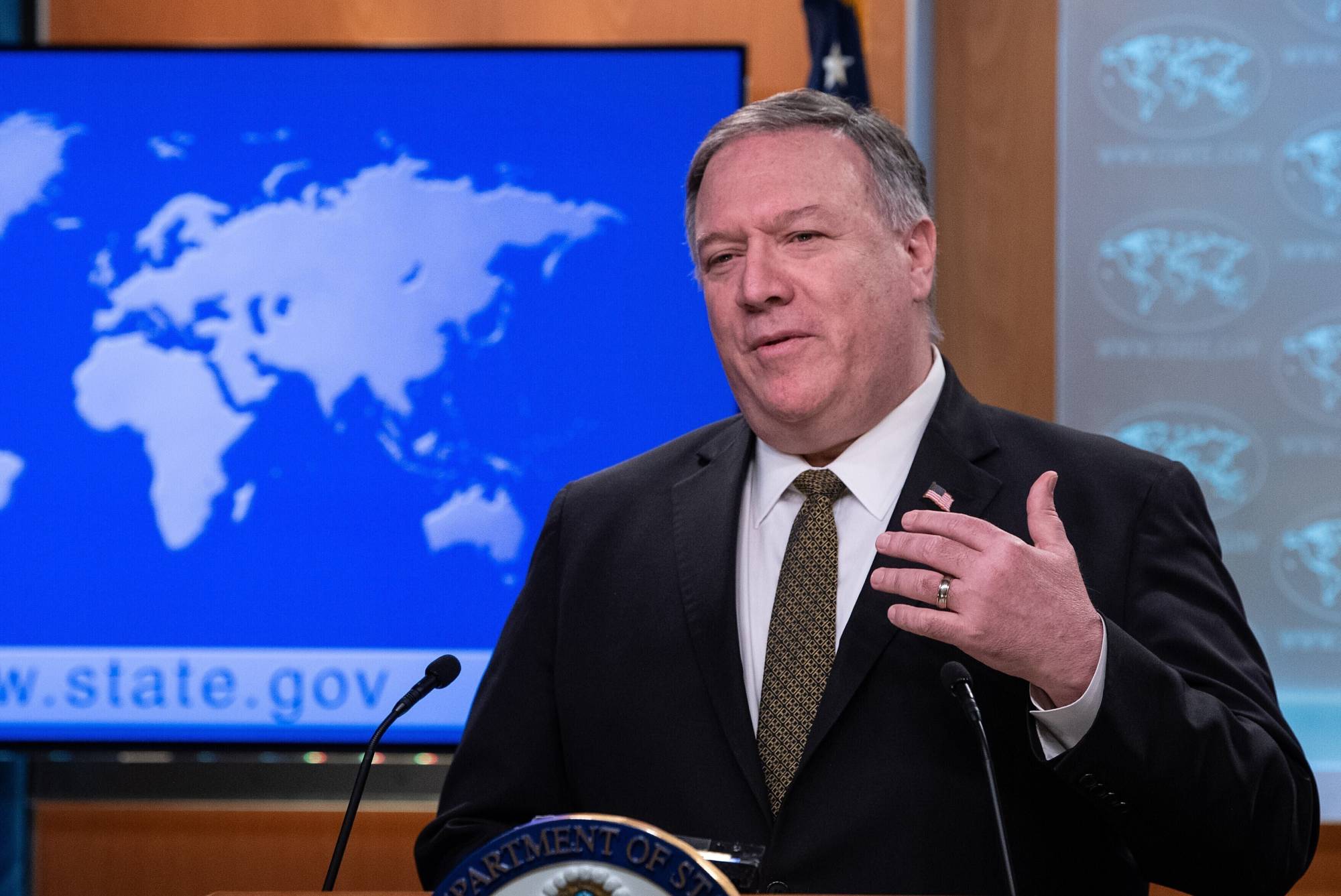China, in a series of assertive and sometimes risky unilateral actions, has netted some significant gains in the South China Sea in the past decade. The island outposts it has constructed in the Spratly and Paracel Islands are strategic assets in both war and peace. Together with the vast fishing and law enforcement patrols they enable, the outposts provide unprecedented maritime domain awareness capabilities across the South China Sea and serve as a springboard to extend China’s reach even further into Southeast Asia, the Pacific, and the Indian Ocean.
Beijing seems intent on translating this maritime superiority into a de facto victory in the disputes. On the water, its gray zone operations aim to increase the costs of Vietnamese, Malaysian and Philippine hydrocarbon and fishing operations to the point where they can no longer operate within the nine-dash line, which denotes China’s vast maritime claim.
It has simultaneously pushed for a major geopolitical victory within the negotiations on a code of conduct with the ASEAN states, where China has tried to gain a veto right over joint military exercises between claimants and countries from outside the region as well as an outright ban on cooperation with extraregional countries on oil and gas.

















With your current subscription plan you can comment on stories. However, before writing your first comment, please create a display name in the Profile section of your subscriber account page.